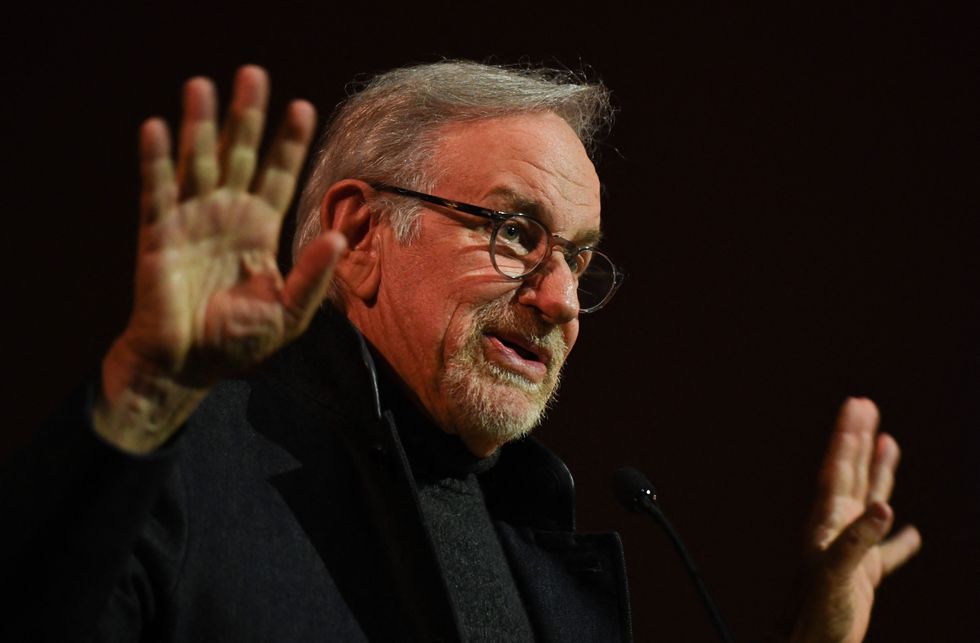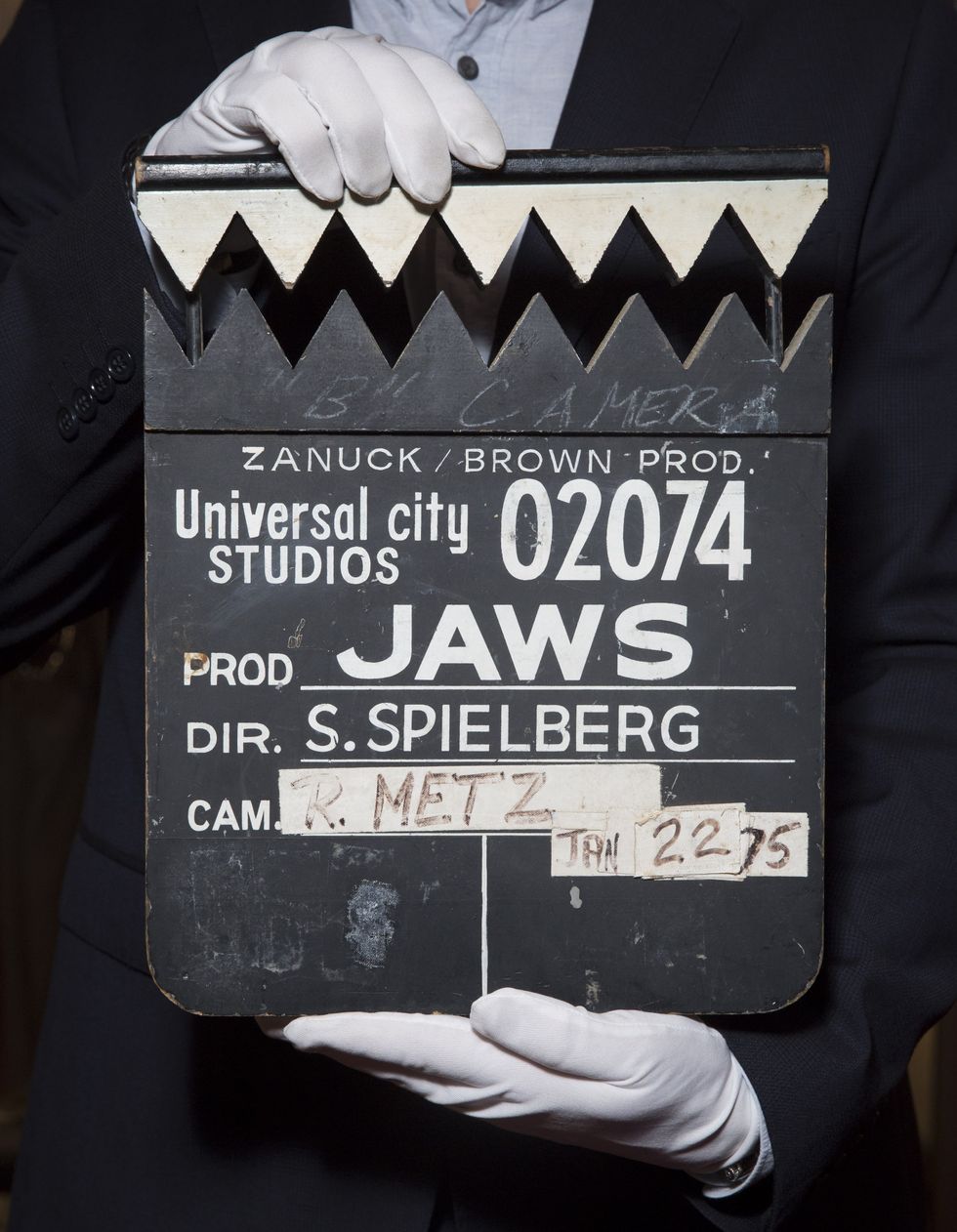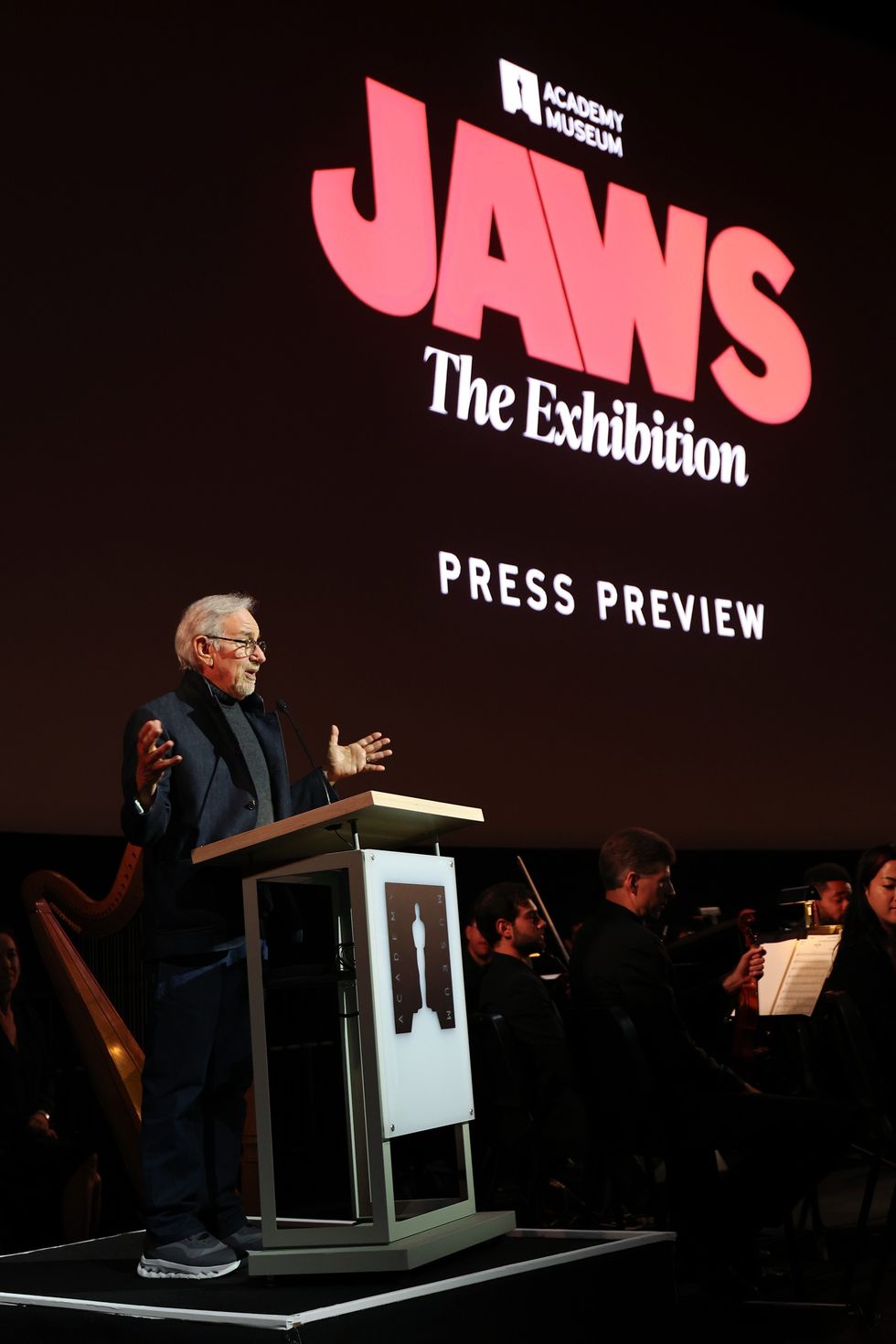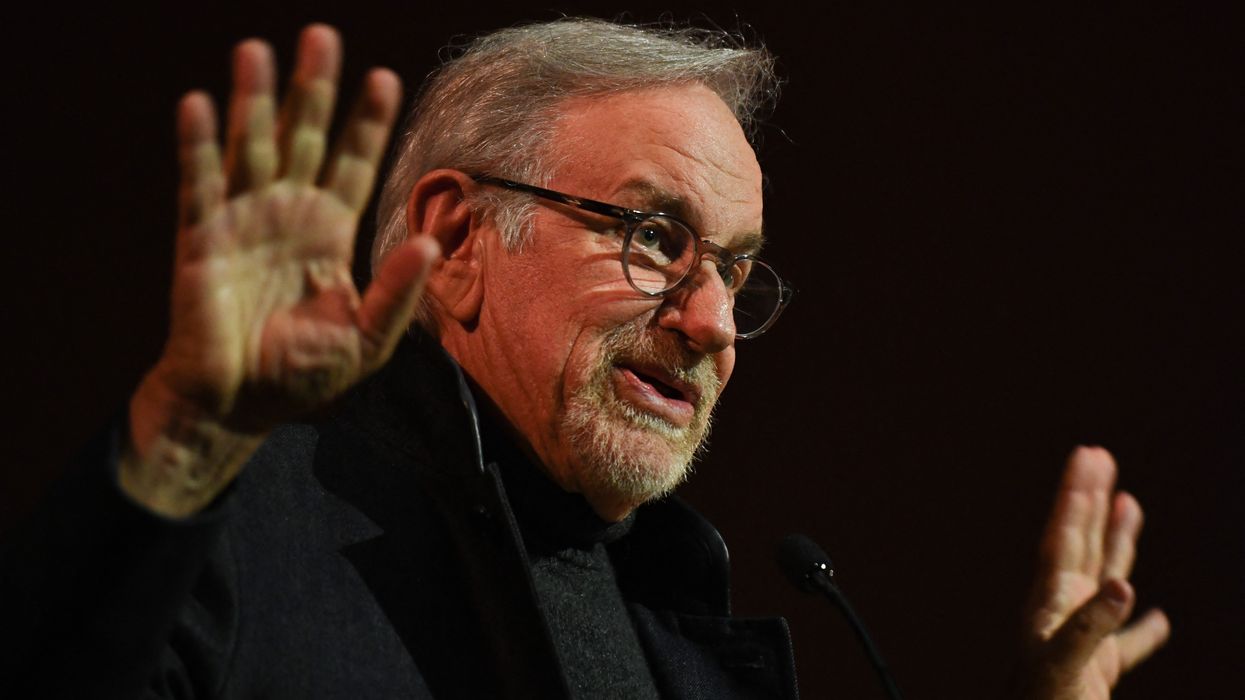Highlights:
- Director marks 50 years of Jaws with new exhibition in Los Angeles
- Reveals how shooting at sea left crew seasick and production over budget
- Says he feared being fired during delays caused by malfunctioning mechanical sharks
- Jaws went on to earn £192 million (₹2,301 crore as of 12 Sep 2025) and redefine the summer blockbuster
As the 50th anniversary of Jaws is celebrated, director Steven Spielberg has reflected on the chaotic making of the thriller, describing how the troubled shoot pushed him to the brink of thinking his career was finished. Speaking at the Academy Museum of Motion Pictures in Los Angeles, where a new exhibition is opening to mark the milestone, Spielberg said the filming of the mechanical shark epic left him convinced he would “never get hired again”.

Why did Steven Spielberg think his career was over during Jaws?
Spielberg, just 26 at the time, chose to film on location off Martha's Vineyard rather than in controlled water tanks. It was a decision that spiralled into months of production delays and escalating costs. “My hubris was thinking we could take a Hollywood crew 12 miles out to sea and make a movie with a mechanical shark,” he told journalists.
The ambitious plan quickly unravelled. Unpredictable tides and passing regattas repeatedly ruined takes, while crew members succumbed to seasickness. “I’ve never seen so much vomit in my life,” Spielberg joked. As schedules slipped and budgets soared, he feared the studio would shut down the film and end his career.

What challenges plagued the Jaws production at sea?
The centrepiece of the film, three full-sized animatronic sharks nicknamed “Bruce," proved the biggest obstacle. Built using pneumatic and hydraulic systems, they had never been tested in salt water before arriving at Martha’s Vineyard. Once submerged, salt corroded their mechanisms, pipes clogged, and controls frequently failed.
Because post-production tools in 1974 were limited, even minor background distractions became major setbacks. Boats from real regattas would drift into the background, forcing the crew to halt filming and wait for hours for clear ocean shots.

How did the crew keep the film alive despite setbacks?
Despite the relentless technical failures, Spielberg refused repeated offers to halt production entirely. Crucially, his team stood by him. Sound director John Carter once fell overboard while holding his recorder, and editor Verna Fields worked tirelessly to salvage suspense from the limited usable footage. Composer John Williams’s now-iconic two-note theme also played a vital role in heightening the tension where shark visuals were lacking.
What is featured in the new Jaws 50th anniversary exhibition?
The new exhibition at the Academy Museum is the first in its history dedicated to a single film. It showcases original storyboards, surviving shark models, and behind-the-scenes artefacts that illustrate the ingenuity and strain behind the production. Curator Jenny He said the display highlights how artistic problem-solving turned logistical disaster into cinematic history.
- YouTube youtu.be
The film went on to earn £192m (₹2,301 crore as of 12 Sep 2025) at the US box office and became the first American “summer blockbuster,” launching Spielberg’s career as one of Hollywood’s most influential directors.





